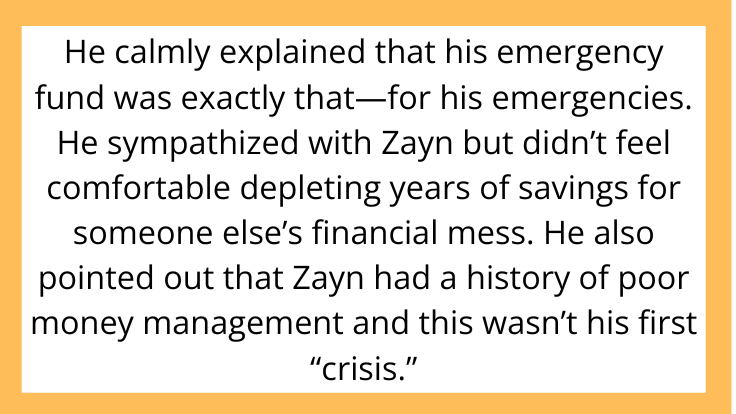AITAH for Refusing to Let My Partner Use My Emergency Savings to Bail Out Her Brother?
Money and family rarely mix well—and when you’re asked to hand over your hard-earned emergency savings for someone else’s mistake, things get complicated fast. In this AITAH scenario, a man finds himself at odds with his partner after refusing to financially rescue her brother.
Is protecting your financial future selfish, or is it smart? Let’s break down the story that has Reddit asking: Who’s really in the wrong here?
The Situation: A Rescue Request Gone Wrong
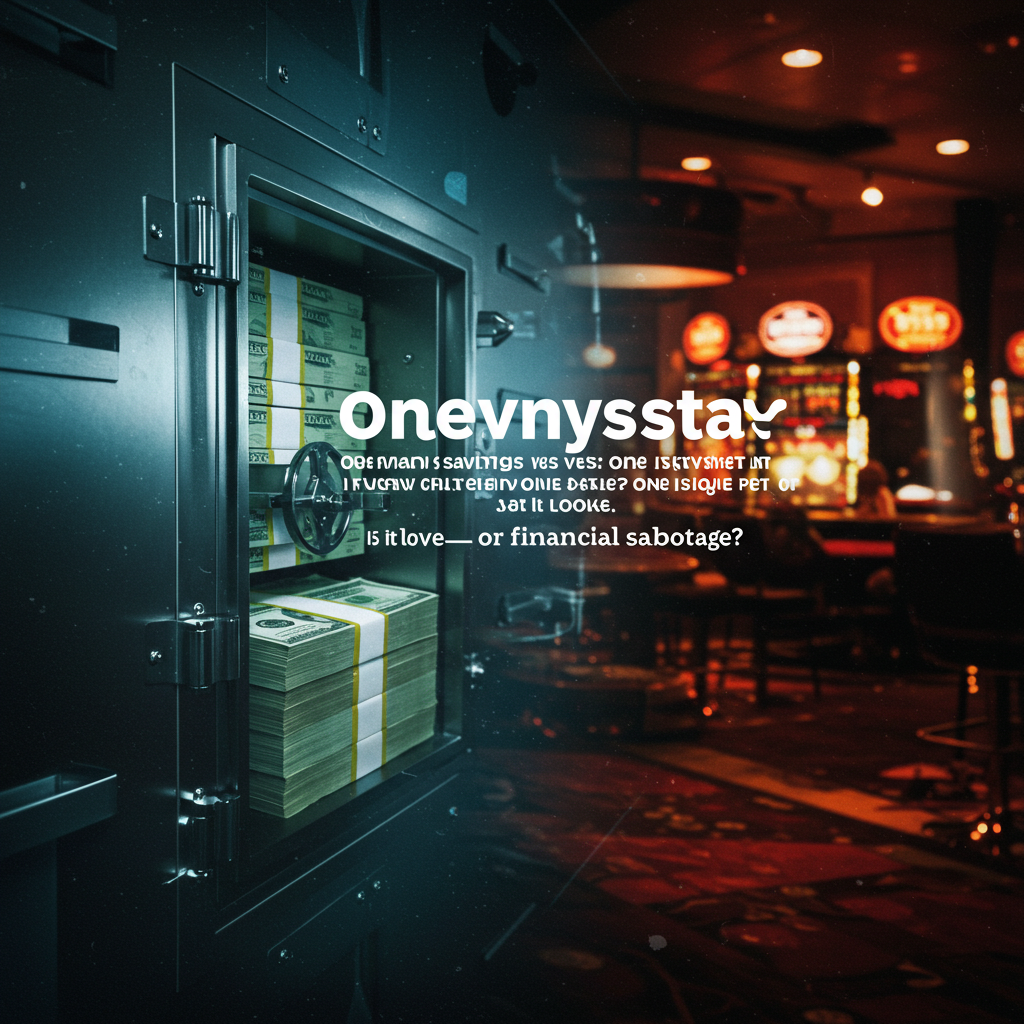
The original post came from a 35-year-old man—we’ll call him Adeel—who’s been with his partner, Sara, for four years. They live together, share household expenses, but keep their finances mostly separate. Adeel has always been a disciplined saver. Over the years, he’s built a solid emergency fund: around $20,000 tucked away for medical issues, job loss, or unforeseen emergencies.
Then came the unexpected ask.
Sara’s younger brother, Zayn, 27, made some risky investments and lost nearly $15,000. Facing debt collectors, he turned to his sister in a panic. Sara, feeling the pressure to “do something,” turned to Adeel.
She asked if he would lend Zayn $10,000—from his emergency fund.
Drawing the Line: Adeel Says No
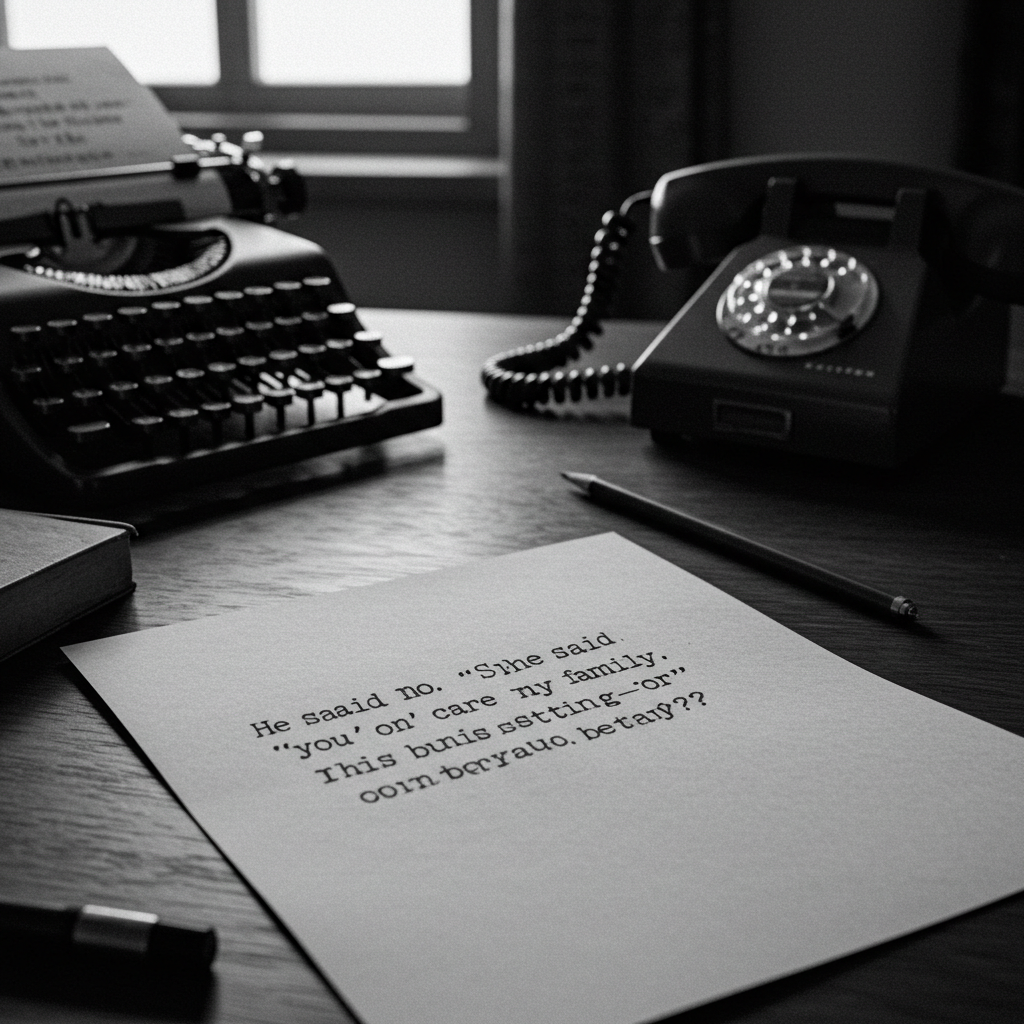
Adeel refused.
He calmly explained that his emergency fund was exactly that—for his emergencies. He sympathized with Zayn but didn’t feel comfortable depleting years of savings for someone else’s financial mess. He also pointed out that Zayn had a history of poor money management and this wasn’t his first “crisis.”
Sara was furious. She accused Adeel of being heartless and said that refusing to help “her family” meant he didn’t care about her. The fight escalated. She argued that being in a committed relationship meant supporting each other—including family—especially when Adeel could afford it.
Adeel turned to Reddit to ask: AITAH for refusing to use my emergency fund to help my girlfriend’s brother?
The Case for Adeel: Financial Boundaries Are Essential
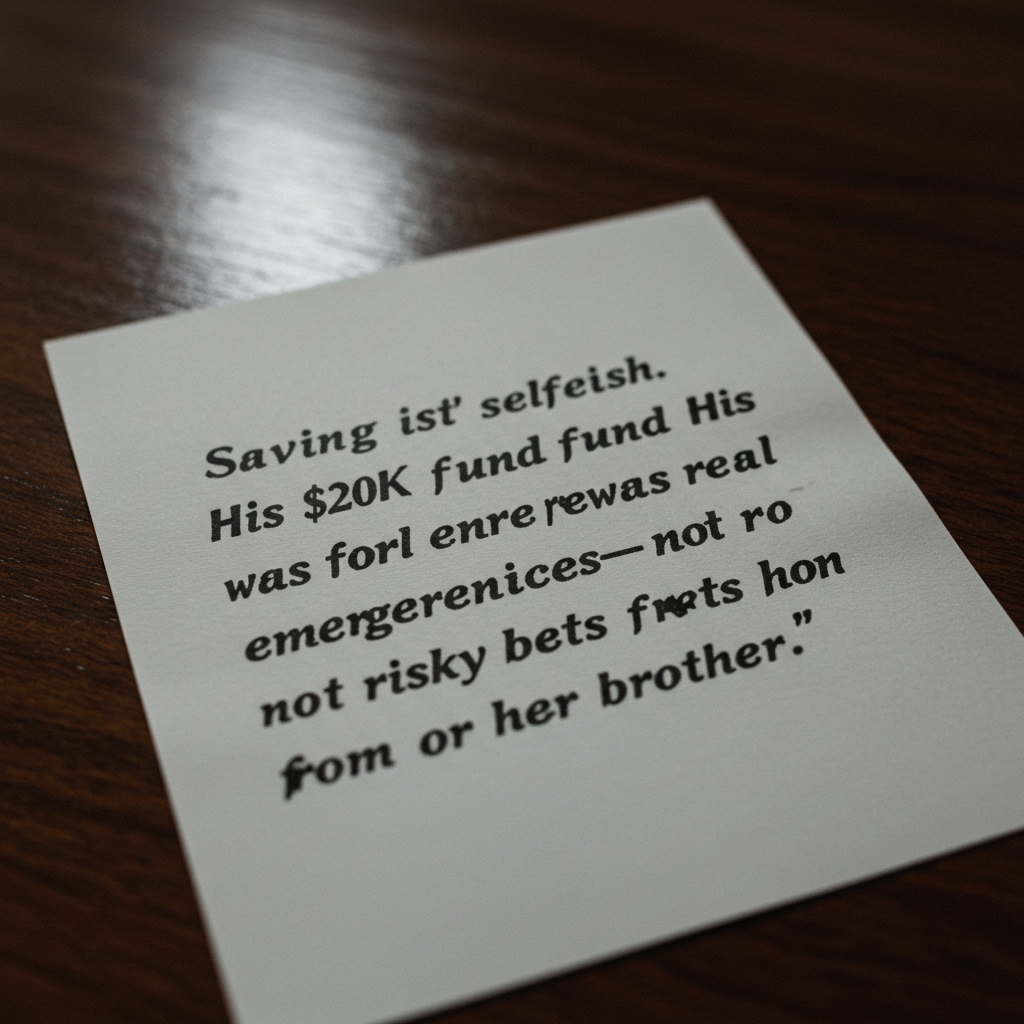
Many commenters immediately took Adeel’s side. He wasn’t using the money for luxury—it was an emergency reserve, which is a core principle of financial security. Lending that money out for someone else’s misjudgment could put his future at risk.
Reddit users pointed out:
-
Lending money to family (or their family) often results in strained relationships and rarely gets repaid.
-
Zayn’s financial trouble stemmed from gambling-level risks, not a health emergency.
-
Adeel had no legal or moral obligation to cover the debts of someone who repeatedly makes bad choices.
Adeel also wasn’t unsympathetic—he even offered to help Zayn explore budgeting apps, job opportunities, or financial counseling. But Sara rejected that. She didn’t want advice—she wanted money.
The Case for Sara: Loyalty Means Showing Up
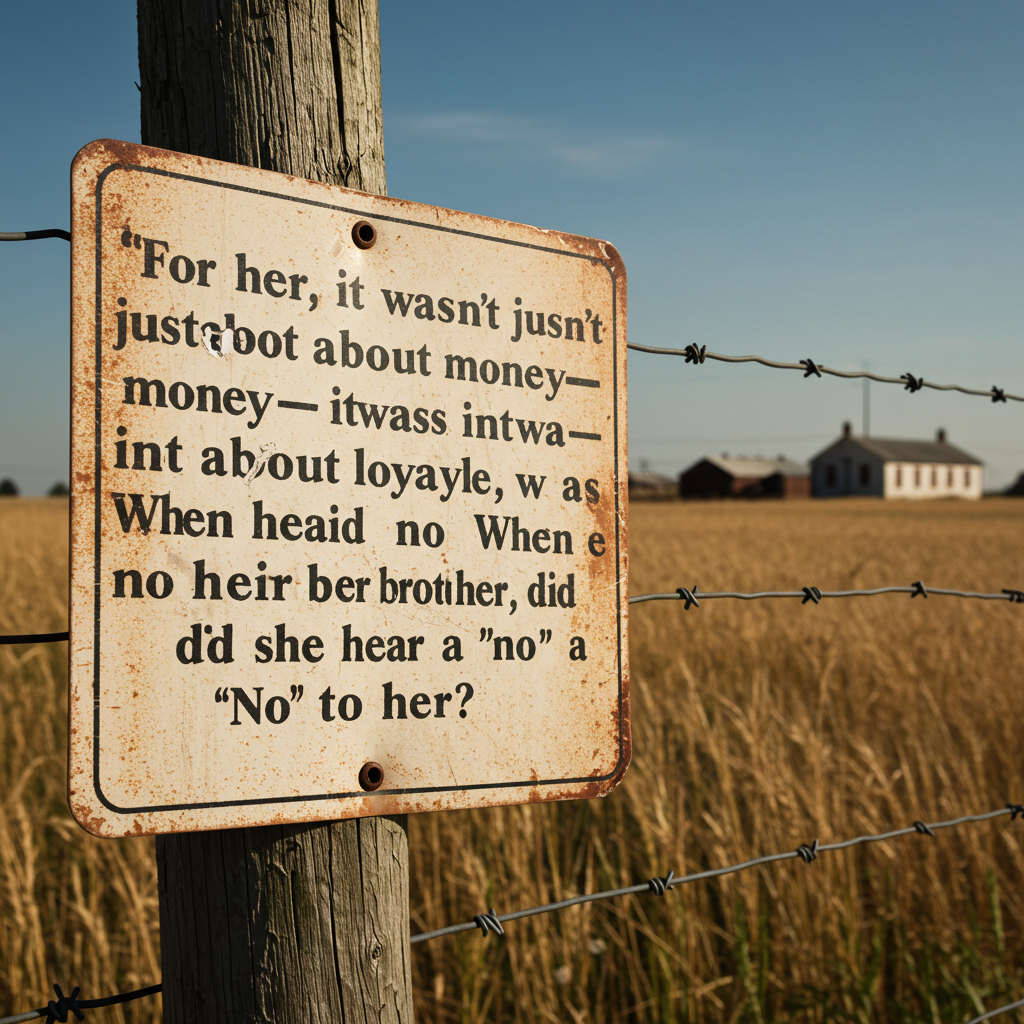
Some users saw the situation differently. They argued that Adeel should have considered the emotional weight of the ask.
Sara wasn’t asking him to support a stranger—this was her brother. For her, Zayn’s failure felt like a family emergency. By refusing to help, Adeel appeared detached and cold.
If their relationship was truly serious, wouldn’t financial support during family crises be part of the deal?
One commenter put it this way: “When you say no to her brother, she hears you saying no to her.”
Still, even those sympathetic to Sara agreed: $10,000 is a lot to ask, and the expectation that Adeel would give it without hesitation was unrealistic.
Emergency Funds: Not for Other People’s Mistakes
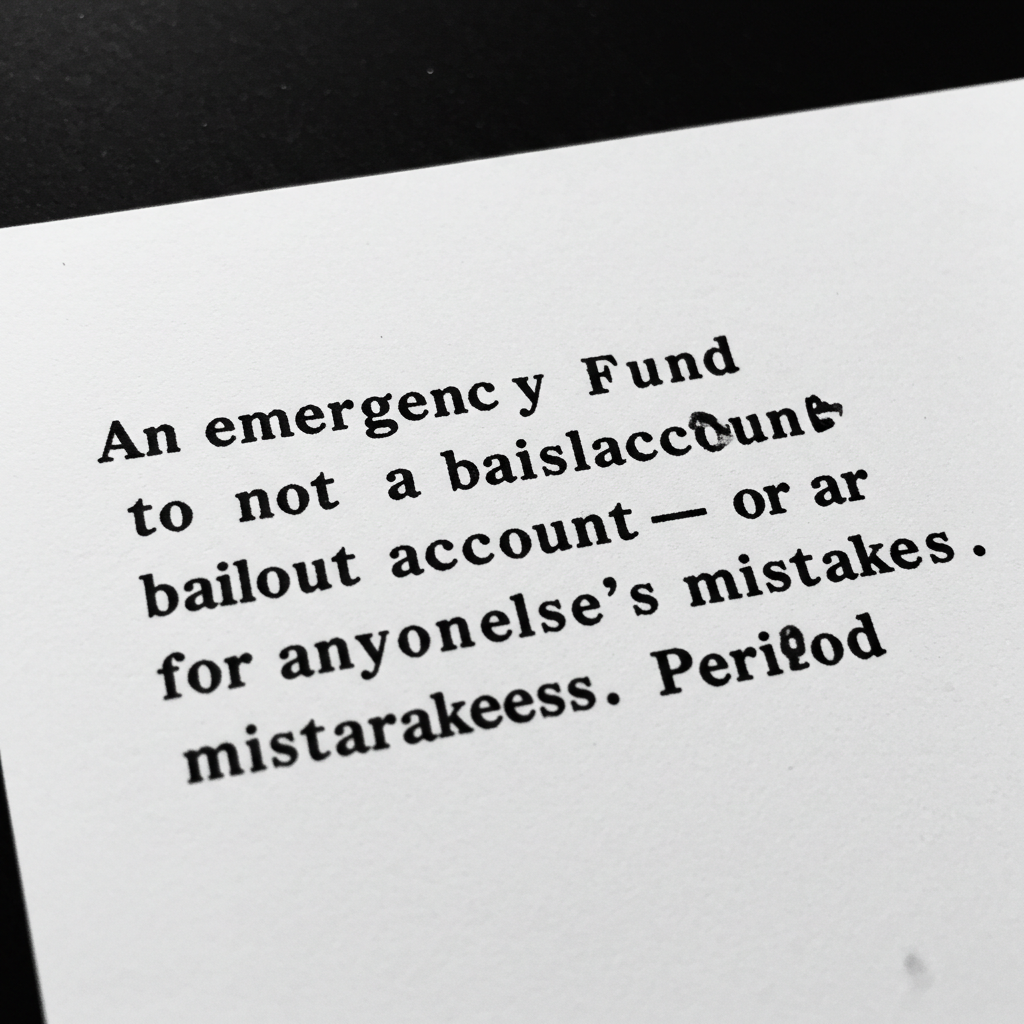
An emergency fund is a cornerstone of financial health. It’s meant to cover your basic living costs if disaster strikes—job loss, medical emergencies, home repairs, etc. Using it for someone else’s financial missteps defeats its purpose.
What’s more:
-
Lending large sums can create long-term resentment if repayment doesn’t happen.
-
Financial enmeshment can create dependency, not accountability.
-
Clear boundaries are healthy in relationships—especially when it comes to money.
Adeel was protecting not just his money, but his peace of mind.
Relationship Red Flag or Growing Pain?
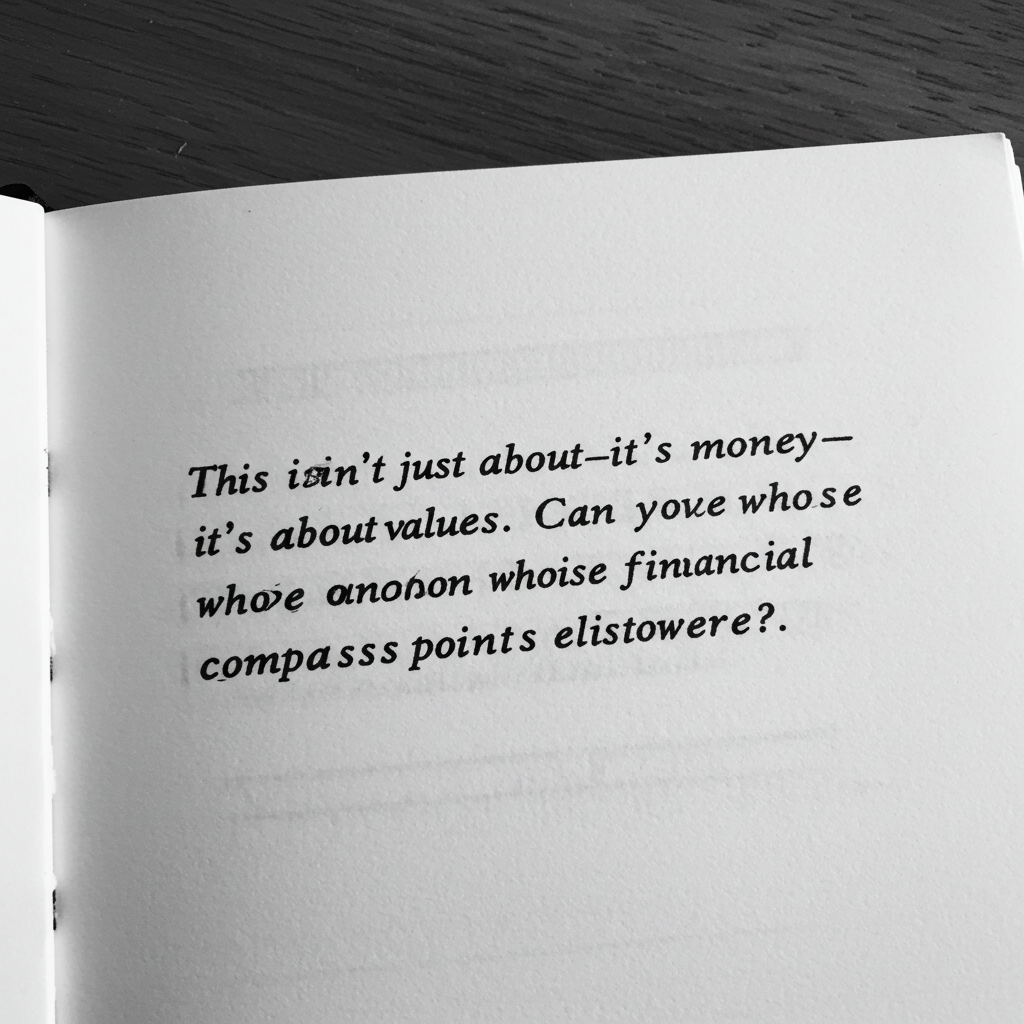
This story touches on a deeper issue: values alignment. Adeel and Sara may be financially incompatible.
Where Adeel sees caution, Sara sees selfishness.
Where he sees boundaries, she sees betrayal.
This moment may be a test—not just of financial stability, but of long-term compatibility. If they can’t align on how to handle crises, it could spell bigger trouble ahead.
What Could They Have Done Differently?
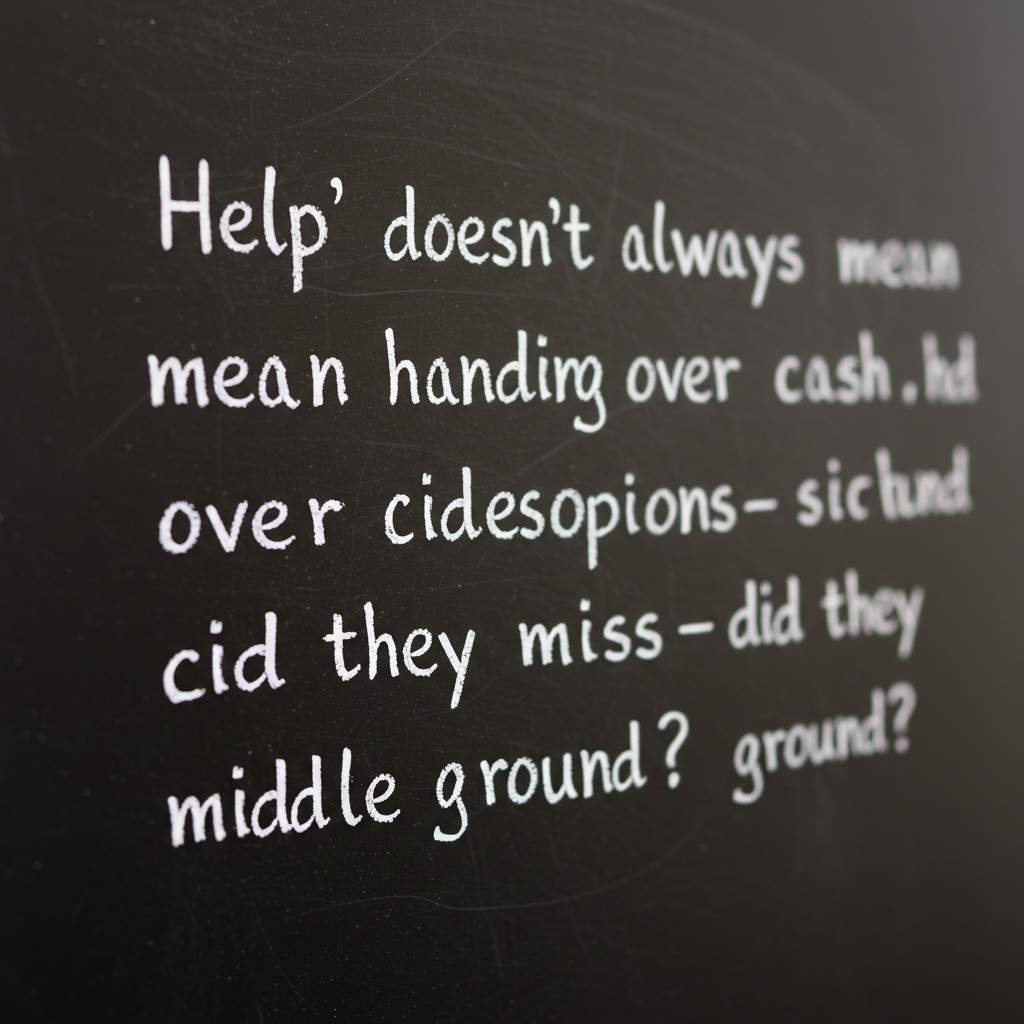
Adeel:
-
Could’ve offered a smaller, non-loanable gift amount ($500 or $1000).
-
Suggested a joint conversation with Zayn to explore sustainable financial options.
-
Reaffirmed his support for Sara in non-monetary ways.
Sara:
-
Could’ve acknowledged that Adeel’s savings weren’t hers to control.
-
Found other avenues of support before resorting to demanding his money.
-
Focused on emotional support for her brother, not financial rescue.
The Verdict: NTA (Not the Villain)

Reddit ruled decisively: Adeel was not the villain. Protecting your financial future, especially with clear boundaries, isn’t heartless—it’s smart. His refusal wasn’t about not helping—it was about how to help without sacrificing his own safety net.
Lending money in relationships always brings risk, but the biggest danger is failing to communicate expectations and boundaries clearly. Adeel drew his line—and stuck to it.
